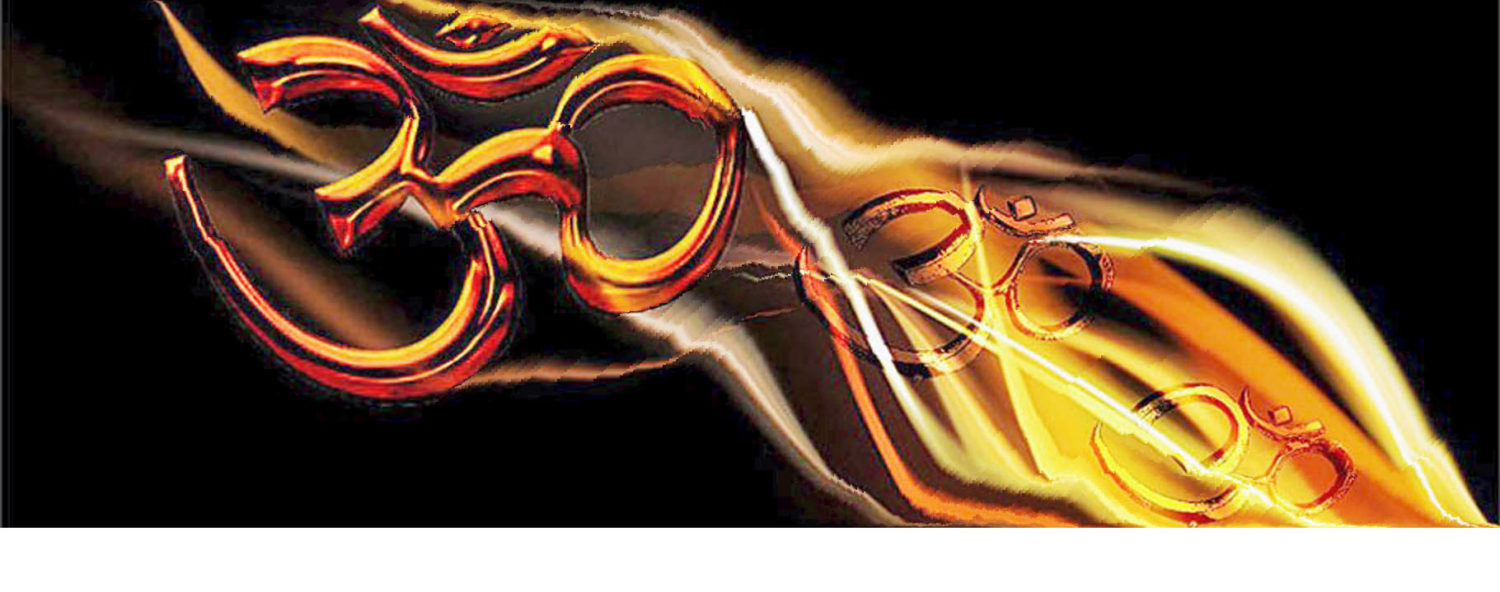Turn away from desire or fear – Nisargadatta
Maharaj: You are back in India! Where have you been, what have you seen?
Questioner: I come from Switzerland. I stayed there with a remarkable man who claims to have realized. He has done many Yogas in his past and had many experiences that passed away. Now he claims no special abilities, nor knowledge; the only unusual thing about him is connected with sensations; he is unable to separate the seer from the seen. For instance, when he sees a car rushing at him, he does not know whether the car is rushing at him, or he at a car. He seems to be both at the same time, the seer and the seen. They become one. Whatever he sees, he sees himself. When I asked him some Vedantic questions he said: ‘I really cannot answer. I do not know. All I know is this strange identity with whatever I perceive. You know, I expected anything but this.’
He is on the whole a humble man; he makes no disciples and in no way puts himself on a pedestal. He is willing to talk about his strange condition, but that is all.
Maharaj: Now he knows what he knows. All else is over. At least he still talks. Soon he may cease talking.
Q: What will he do then?
M: Immobility and silence are not inactive. The flower fills the space with perfume, the candle — with light. They do nothing yet they change everything by their mere presence. You can photograph the candle, but not its light. You can know the man, his name and appearance, but not his influence. His very presence is action.
Q: Is it not natural to be active?
M: Everybody wants to be active, but where do his actions originate? There is no central point: each action begets another, meaninglessly and painfully, in endless succession. The alternation of work and pause is not there. First find the immutable centre where all movement takes birth. Just like a wheel turns round an axle, so must you be always at the axle in the centre and not whirling at the periphery.
Q: How do I go about it in practice?
M: Whenever a thought or emotion of desire or fear comes to your mind, just turn away from it.
Q: By suppressing my thoughts and feelings I shall provoke a reaction.
M: I am not talking of suppression. Just refuse attention.
Q: Must I not use effort to arrest the movements of the mind?
M: It has nothing to do with effort. Just turn away, look between the thoughts, rather than at the thoughts. When you happen to walk in a crowd, you do not fight every man you meet — you just find your way between.
Q: If I use my will to control the mind, it only strengthens the ego.
M: Of course. When you fight, you invite a fight. But when you do not resist, you meet with no resistance. When you refuse to play the game, you are out of it.
Q: How long will it take me to get free of the mind?
M: It may take a thousand years, but really no time is required. All you need is to be in dead earnest. Here the will is the deed. If you are sincere, you have it. After all, it is a matter of attitude. Nothing stops you from being a gnani here and now, except fear. You are afraid of being impersonal, of impersonal being. It is all quite simple. Turn away from your desires and fears and from the thoughts they create and you are at once in your natural state.
Q: No question of reconditioning, changing, or eliminating the mind?
M: Absolutely none. Leave your mind alone, that is all. Don’t go along with it. After all, there is no such thing as mind apart from thoughts which come and go obeying their own laws, not yours. They dominate you only because you are interested in them. It is exactly as Christ said ‘Resist not evil’. By resisting evil you merely strengthen it.
Q: Yes, I see now. All I have to do is to deny existence to evil. Then it fades away. But does it not boil down to some kind of auto-suggestion?
M: The auto-suggestion is in full swing now, when you think yourself to be a person, caught between good and evil. What I am asking you to do is to put an end to it, to wake up and see things as they are.
About your stay in Switzerland with that strange friend of yours: what did you gain in his company?
Q: Nothing absolutely. His experience did not affect me at all. One thing I have understood: there is nothing to search for. Wherever I may go, nothing waits for me at the end of the journey. Discovery is not the result of transportation.
M: Yes, you are quite apart from anything that can be gained or lost.
Nisargatta Maharaj – I Am That
What is Pure, Unalloyed, Unattached is Real
Item 72





